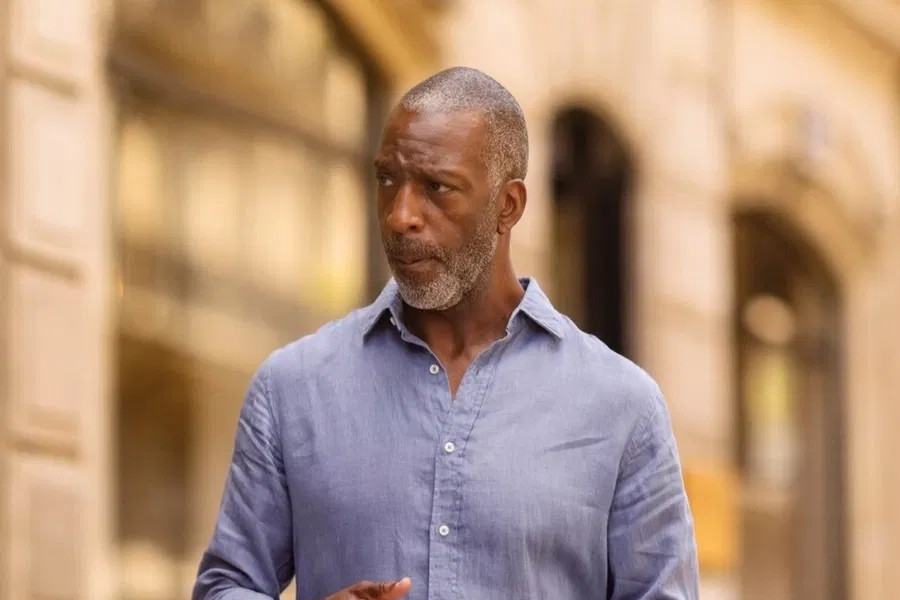During his illustrious career, Michael Johnson was a force of nature—breaking world records, winning Olympic gold, and cementing his legacy as one of the fastest men alive.
Yet, outside the Olympic cycle, he often felt like a ghost in the sports world. Fans recognized him as an Olympic champion but had little awareness of his achievements in between Games.
In an interview with The New York Times, Johnson explains how frustrating it was to be constantly reintroducing himself to the public.
He pointed to current stars like Rai Benjamin and Vernon Norwood, who, despite being elite athletes, only gained widespread recognition during the Tokyo Olympics. For athletes who train relentlessly year after year, this sporadic attention is disheartening.
“What do you do when it’s not an Olympic year?” Johnson recalled how people would ask him
Grand Slam Track
Determined to rewrite this narrative, Johnson launched Grand Slam Track, an ambitious project designed to elevate track and field’s profile beyond the Olympic cycle. His vision is simple yet revolutionary, create a structured, high-stakes competition that keeps fans engaged throughout the year while ensuring athletes receive the recognition and financial rewards they deserve.
Johnson’s initiative is about changing the entire ecosystem of the sport. Currently, many athletes train for years with the sole hope of making their national team, only to earn income if they medal at major championships. This system leaves countless talented competitors struggling financially, especially those from underfunded nations.
When critics questioned whether athletes from economically disadvantaged countries had a right to demand better pay, Johnson fired back on X (formerly Twitter).
“The problem is a system where hundreds of athletes train for a whole year to compete for one of three spots to represent their country… where they only get paid if they win one of three medals.”
While Johnson’s vision is bold, the path forward is far from easy. Johnson’s venture has already sparked debate, proving that the sport is ripe for change


